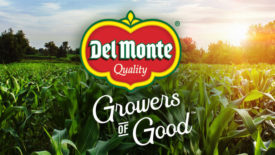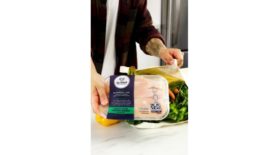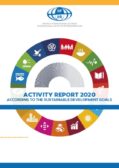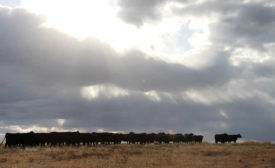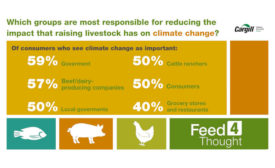Home » climate change
Articles Tagged with ''climate change''
COLD STORAGE
The “Join the Move to –15 C” initiative will examine a potential evolution in frozen food temperature standards.
Read More
Sysco, Cargill, and the National Fish and Wildlife Foundation Partner for $5 Million Sustainable Grazing Initiative
Program would accelerate sustainable grazing across 1 million acres in Texas, Oklahoma, New Mexico, Kansas, and Colorado.
April 20, 2021
Elevate your expertise in refrigerated and frozen foods with unparalleled insights and connections.
Get the latest industry updates tailored your way.
JOIN TODAY!Copyright ©2024. All Rights Reserved BNP Media.
Design, CMS, Hosting & Web Development :: ePublishing

